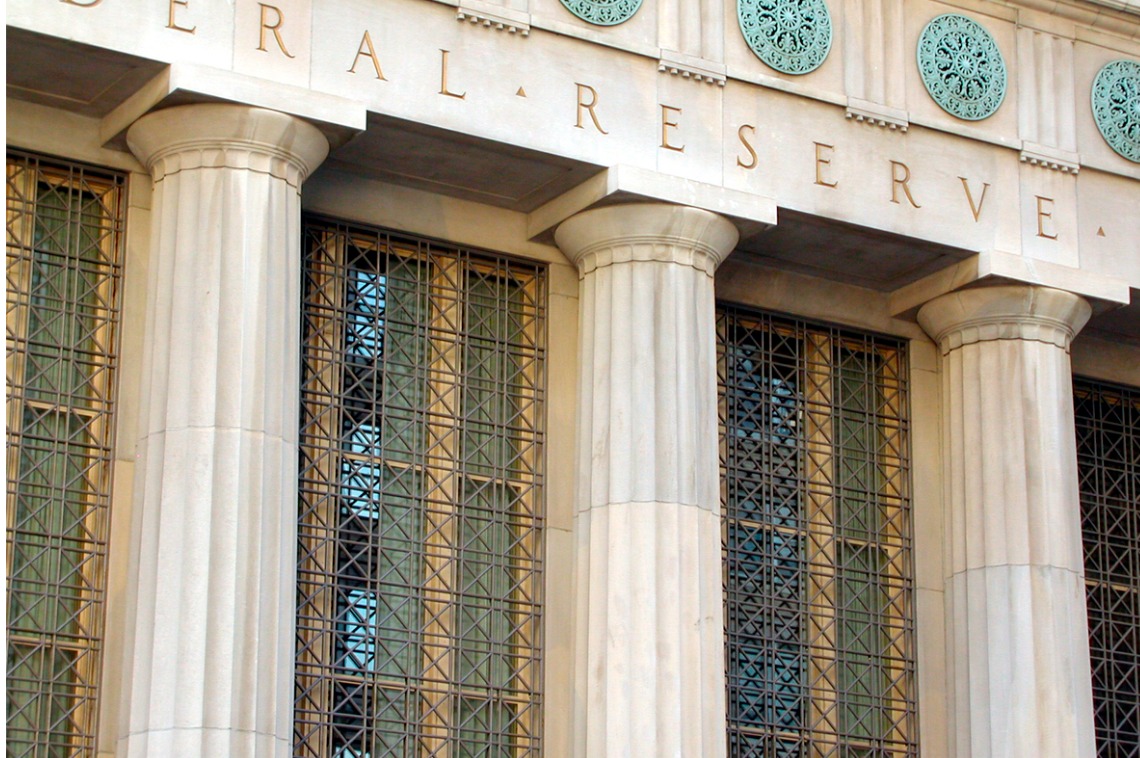Bowman’s Nomination for Fed Vice Chairman Under Scrutiny
During a session with the U.S. Committee on Banking, Housing, and Urban Affairs, Federal Reserve Governor Michelle Bowman responded to critical questions regarding her nomination for the position of Vice Chairman for Supervision. This role is pivotal for overseeing banking regulations.
Senators Question Commitment to Fed’s Independence
Lawmakers expressed concerns about Bowman’s potential commitment to the Federal Reserve’s independence and the adequacy of banking regulations she might implement. Specific queries focused on the enactment of stress tests in light of external pressures, including tariffs.
Criticism from Progressive Senators
Progressive Senator Elizabeth Warren voiced her opposition to Bowman’s nomination, framing her tenure since November 2018 as one that favors Wall Street interests over the needs of the general public. Warren highlighted actions taken by Bowman that purportedly weakened financial safeguards, such as:
- Loosening restrictions on banks engaging in speculative practices with depositors’ funds.
- Deregulating derivatives, which have the potential to destabilize large banks.
- Reducing capital requirements for major financial institutions, including a notable vote to deregulate Silicon Valley Bank, which failed in 2023.
Background and Perspective
On the other side of the aisle, Senator Bernie Moreno (R-Ohio) offered a contrasting viewpoint, highlighting Bowman’s Kansas roots and her experience as a community banker. He emphasized the importance of understanding the banking needs of small businesses, distancing her perspective from that of large Wall Street institutions.
Bowman, who has worked closely in a family-owned bank with $200 million in assets, acknowledged the complexities involved in implementing banking regulations such as Dodd-Frank and expressed a desire to ensure that regulations support the operational realities for community banks.
Specific Concerns Raised by Lawmakers
Senator John Kennedy (R-Louisiana) questioned Bowman about the objectives of the Basel III agreement, which aims for consistent international banking regulations. Bowman described it as a framework ensuring parity across countries in terms of financial oversight, admitting that it does signify additional regulatory measures for U.S. banks under certain circumstances.
The Importance of Regulatory Independence
Senator Mark Warner (D-Virginia) urged Bowman to assure the Committee that she would uphold the Federal Reserve’s independence, particularly in light of external pressures, including potential directives from the Office of Management and Budget (OMB). He alluded to the influence of public pressure, notably from former President Donald Trump, regarding interest rate policies. Bowman remained steadfast in her belief that the Fed operates independently from political influence.
Addressing Accountability and Regulatory Tailoring
As the session progressed, questions arose regarding the adequacy of Fed supervision, particularly regarding the differences across the regulatory frameworks for various financial institutions. Bowman acknowledged past shortcomings and indicated a desire to refocus on tailoring regulations to different bank sizes and risk profiles. She expressed intent to adopt a rigorous cost-benefit analysis in regulatory processes, committing to investigating supervisory failures and establishing accountability within the Fed.
Conclusion
Bowman’s nomination presents an opportunity for the Federal Reserve to reevaluate its regulatory stance and ensure its commitment to financial stability while addressing the needs of the broader economy. Lawmakers’ concerns reflect a critical examination of the Fed’s past actions and its future direction under potential new leadership.

